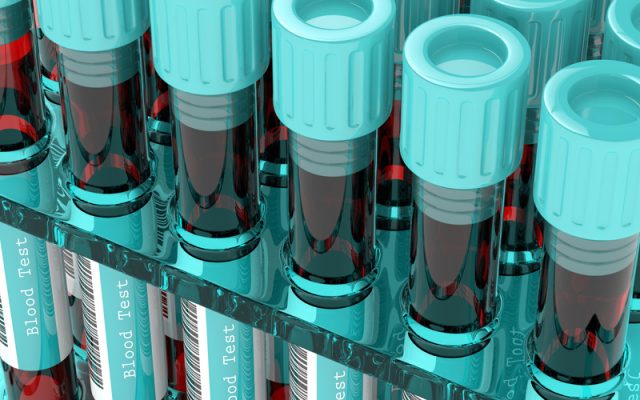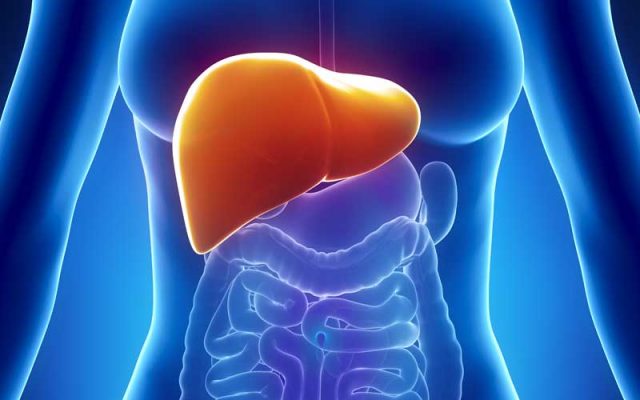New food sensitivity issues on AIP? The oral tolerance protocol
Oral Tolerance Part I: Sensitive to multiple foods and not getting better? Here’s why If you’re managing your autoimmune disease, chronic health disorder, or brain health, then you’re probably familiar with the autoimmune paleo (AIP) diet, also known as the leaky gut diet or autoimmune paleo protocol. Prior to its rebranding online, functional medicine practitioners…
Details






